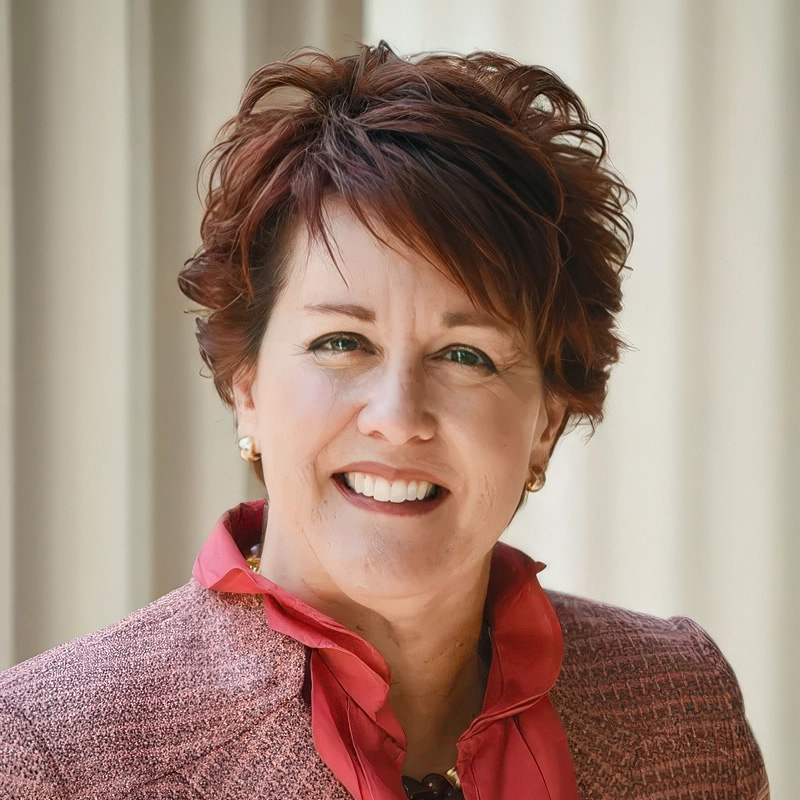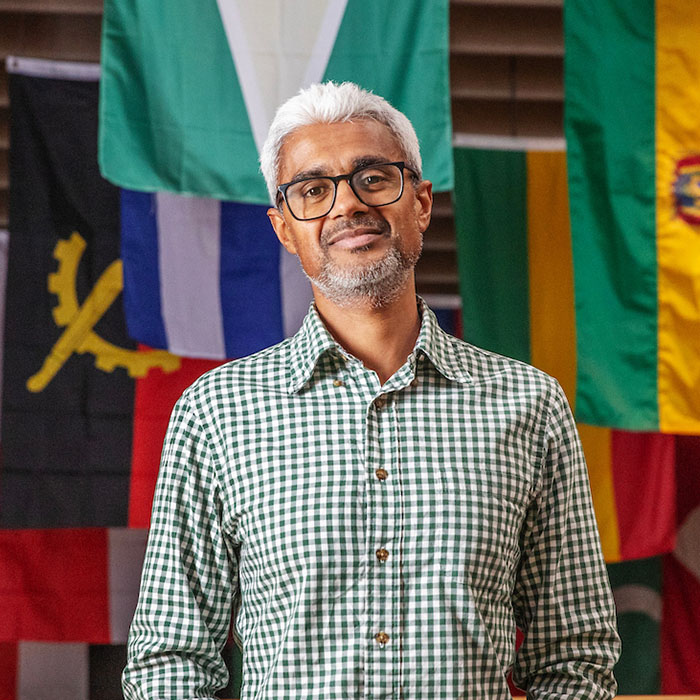Restorative Justice training draws practitioners from across the country
As the practice of restorative justice gains momentum within higher education, 35 representatives of colleges and universities from across the country gathered at Skidmore to take a closer look at this growing movement.
The group attended a November training program on basic principles and practices of restorative justice. Schools represented included Williams, Swarthmore, Dartmouth, Stanford, and three campuses of the University of California system. A common goal was to find more effective ways to address student misconduct and to improve relationships on campus.
Restorative justice is based on collaborative decision-making that includes offenders, victims, and others seeking to hold offenders accountable. Offenders must acknowledge responsibility for their actions, take agreed-upon steps to repair the harm they have caused, and work to build constructive relationships and personal standing. A number of formats can be used—often with direct dialogue between the victim and offender.
“Student affairs administrators are responsible for keeping their campuses safe, but they are also educators who help students learn how to resolve conflict and take responsibility for misconduct. Restorative justice can help administrators achieve the dual goals of ensuring a safe learning environment and fostering student development,” said David Karp, professor of sociology and director of the Skidmore College Project Restorative Justice, which organized the workshop.
In addition to Karp, the session leaders were Duke Fisher, a facilitator and trainer for Leaning Labs, Inc., and Patience Bryant, associate director for campus life and student development at Texas A&M University-Commerce. Skidmore students also played a role. One session featured three student members of Skidmore’s Integrity Board, who discussed the approaches they use, and the challenges they face, in hearing cases of student misconduct.
Another conference on restorative justice for colleges and universities will be offered at Skidmore, April 11–13, and training for K-12 schools will take place March 21-22. Please click here for more information.


